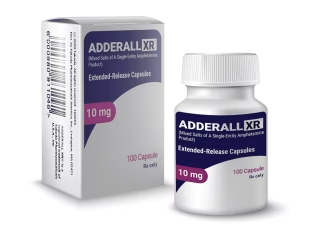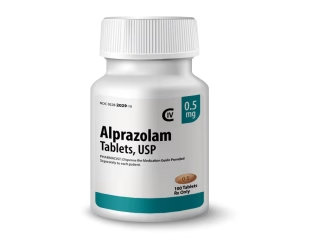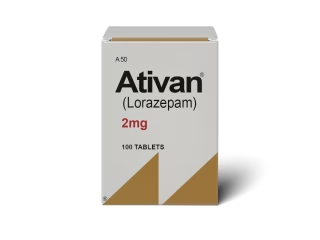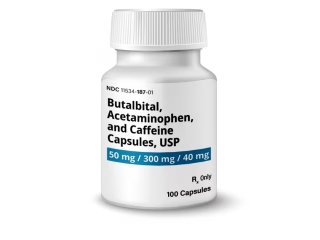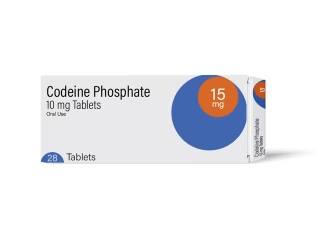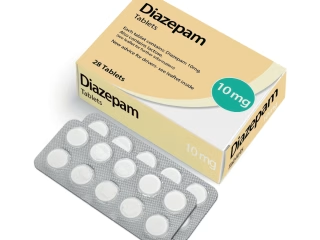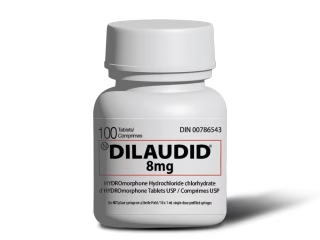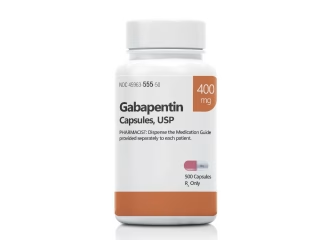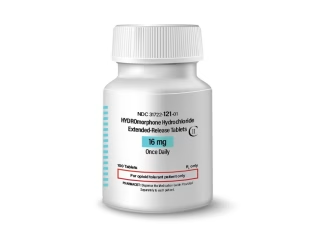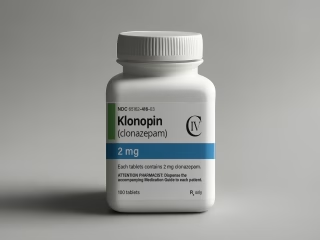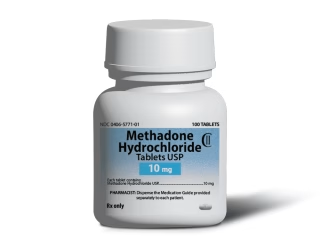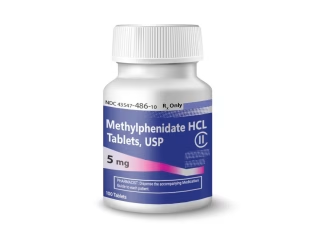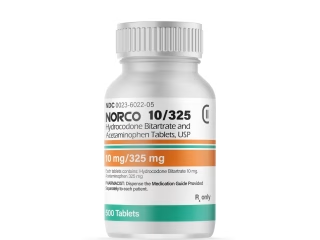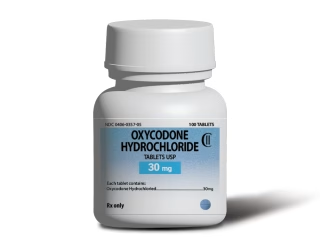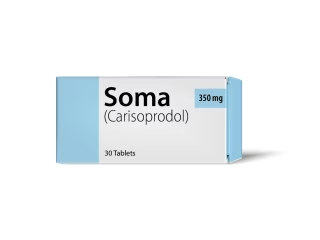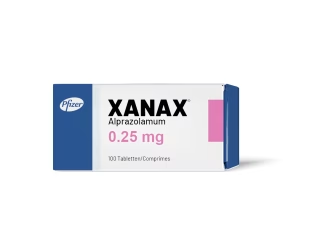Category: Buy Clonazepam Online
Showing all 3 results
-
Clonazepam 0.5mg
Price range: $311.00 through $657.00Select options This product has multiple variants. The options may be chosen on the product page -
Clonazepam 1mg
Price range: $311.00 through $667.00Select options This product has multiple variants. The options may be chosen on the product page -
Clonazepam 2mg
Price range: $310.00 through $677.00Select options This product has multiple variants. The options may be chosen on the product page
What is Clonazepam?
Clonazepam is a widely used prescription medication, also marketed under the brand name Klonopin. It is available in both oral tablet and orally disintegrating (dissolvable) tablet forms, with a generic version often offered at a lower price. However, it’s important to note that the generic version may not be available in all strengths or formulations compared to the brand-name product.
Buy Clonazepam Online is classified as a federally controlled substance, and its use carries a risk of addiction (both physical and psychological dependence) and side effects. As a member of the benzodiazepines group, Clonazepam acts similarly to other medications in this class.
Clonazepam Uses
This powerful drug is primarily prescribed to treat panic disorder, and many individuals purchase Clonazepam online for its efficacy in controlling seizures. It may also be used in combination with other medications as part of a broader treatment strategy.
How It Works
Clonazepam works by enhancing the activity of GABA (gamma-aminobutyric acid) receptors, which play a crucial role in transmitting signals within the nervous system. A deficiency of GABA can lead to heightened excitability, resulting in panic attacks or seizures. By increasing GABA levels, Clonazepam helps reduce the frequency of these episodes.
Administration of Clonazepam
When prescribing Clonazepam, healthcare professionals consider various factors including:
- Age
- Type and severity of the condition being treated
- Any other medical issues
- The specific form of Clonazepam being used
Typically, treatment begins with a low dose, which may be adjusted based on individual needs, with the goal of finding the lowest effective dosage.
Clonazepam is not intended for long-term use due to potential risks associated with improper use. Abruptly stopping the medication can lead to severe withdrawal symptoms, and inconsistent dosing may exacerbate these issues.
Overdosing on Clonazepam can lead to serious complications:
- confusion
- extreme drowsiness
- prolonged unconsciousness
- slowed reflexes
Dosing Information
The following guidelines outline commonly used dosages for Clonazepam. However, it is essential to adhere to the specific dosage prescribed by a healthcare provider.
Forms and Strengths
Clonazepam is available in oral tablets of strengths 0.5 mg, 1 mg, and 2 mg, as well as orally disintegrating tablets at 0.125 mg, 0.25 mg, 1 mg, and 2 mg.
For Panic Disorder
Adult Dosage (18 to 64 years):
The usual initial dose is 0.25 mg twice daily. Maintenance doses may be adjusted to 0.5 mg twice daily after three days, based on medical advice. The maximum dosage should not exceed 4 mg per day. If discontinuing, the dose should be gradually reduced by no more than 0.125 mg every three days.
Pediatric Dosage (0 to 17 years):
The safety and effectiveness of Clonazepam in individuals under 18 years for anxiety disorders have not been established.
Geriatric Dosage (65 years and older):
Due to potential decreased kidney function, elderly patients may require lower starting doses and different dosing schedules to minimize the risk of side effects.
For Seizures
Adult Dosage (18 to 64 years):
The recommended starting dose is 0.5 mg three times per day, which may be adjusted by 0.5 mg to 1 mg every three days as needed, up to a maximum of 20 mg per day, divided into multiple doses.
Pediatric Dosage (11 to 17 years):
The initial dose is generally 0.5 mg three times daily, with the same adjustment protocol as adults.
Child Dosage (0 to 10 years):
For children weighing 66 lbs (30 kg) or less, the typical starting dose is 0.01 mg to 0.03 mg per kg of body weight per day, without exceeding 0.05 mg per kg, and administered in divided doses. Dosage may be increased gradually.
Geriatric Dosage (Ages 65 and Older):
For individuals aged 65 and over, kidney function may decline, leading to a slower processing of medications in their systems. Consequently, drug components can remain in the body for a longer period, increasing the likelihood of side effects. To mitigate these risks, healthcare providers may initiate treatment with a modified dosing schedule or a reduced dose of the same medication. This adjustment helps prevent excessive accumulation of Clonazepam in the body.
Precautions While Taking This Medication:
It is crucial to avoid alcohol consumption while using Clonazepam, as it can result in severe side effects or even fatal outcomes. Additionally, refrain from driving, operating heavy machinery, or engaging in activities that may pose a risk until you fully understand how the medication affects you. The dizziness or drowsiness associated with Clonazepam may lead to accidental falls or serious injuries.
Possible Side Effects of Clonazepam:
Clonazepam may lead to respiratory issues, such as slow or shallow breathing, or even respiratory arrest, particularly if used in conjunction with opioids or alcohol. Caregivers should seek emergency medical assistance if the individual is unresponsive, experiences slow breathing with prolonged pauses, or exhibits blue discoloration of the lips.
Signs of an allergic reaction may include hives, breathing difficulties, or swelling in areas such as the face, tongue, lips, or throat. It is essential to inform your healthcare provider immediately about any sudden or severe mood or behavioral changes, including increased anxiety, depression, trouble sleeping, panic attacks, irritability, impulsivity, aggression.
Severe side effects may entail:
- Extreme drowsiness
- Weak or shallow breathing
- New or intensified seizures
- Confusion, nightmares, paranoia, or hallucinations
- Notable alterations in mood or behavior
- Involuntary eye movements
- Suicidal thoughts or tendencies
Common side effects may include:
- Drowsiness and dizziness (more prevalent in older adults)
- Memory issues
- Fatigue or depression
- Difficulties with walking or coordination
Withdrawal Symptoms from Clonazepam:
If you suddenly discontinue Clonazepam, contact a healthcare professional immediately if you experience withdrawal symptoms such as increased activity, unusual muscle movements, hallucinations, confusion, abrupt changes in behavior or mood, seizures, or thoughts of self-harm.
Some withdrawal effects may persist for up to a year or longer after stopping the medication. Notify your healthcare provider if you encounter depression, lingering anxiety, sleep issues, cognitive or memory problems, a burning sensation, tinnitus, or a crawling feeling under the skin.
Clonazepam Drug Interactions:
Clonazepam can interact with various medications, leading to diverse effects. Some drugs may impede its effectiveness, while others could amplify side effects.
The following are notable interactions (though not exhaustive):
- Opioids (e.g., hydrocodone, codeine): Combining these with Clonazepam can heighten the risk of severe drowsiness, shallow breathing, coma, or death.
- Benzodiazepines (e.g., lorazepam, midazolam, triazolam): Co-use can lead to increased sedation and drowsiness.
- Barbiturate and non-barbiturate sleep medications (e.g., butabarbital, amobarbital, zolpidem): Interaction may also result in heightened sedation and drowsiness.
- Tricyclic antidepressants (e.g., nortriptyline, amitriptyline): This combination can also cause increased drowsiness and sedation.
- Other anti-anxiety medications (e.g., hydroxyzine, buspirone): These interactions can add to sedation and drowsiness.
- Seizure medications (e.g., pregabalin, gabapentin): These severe interactions can further increase sedation and drowsiness.





